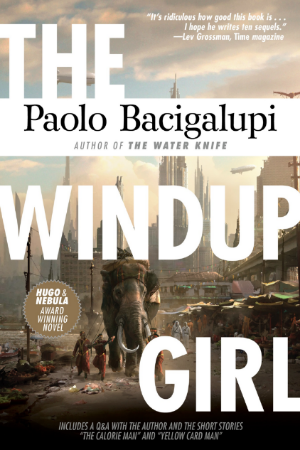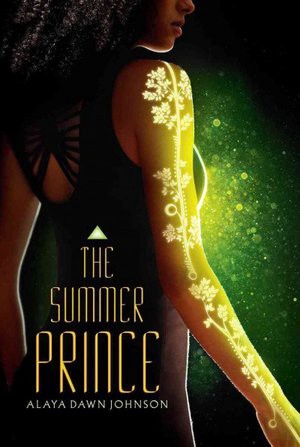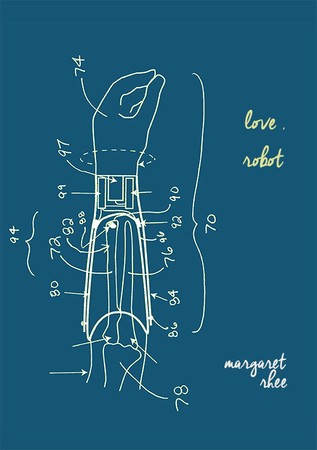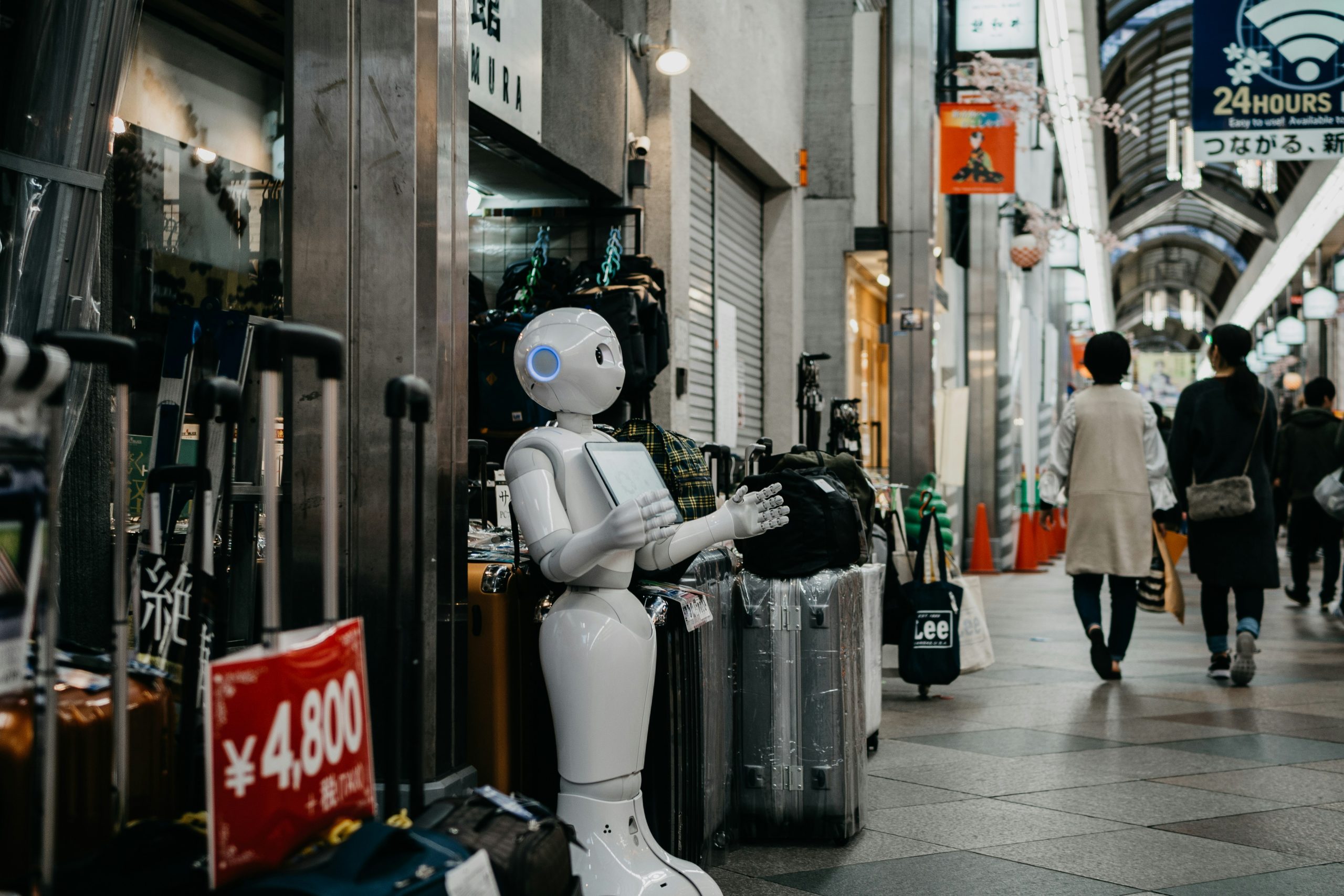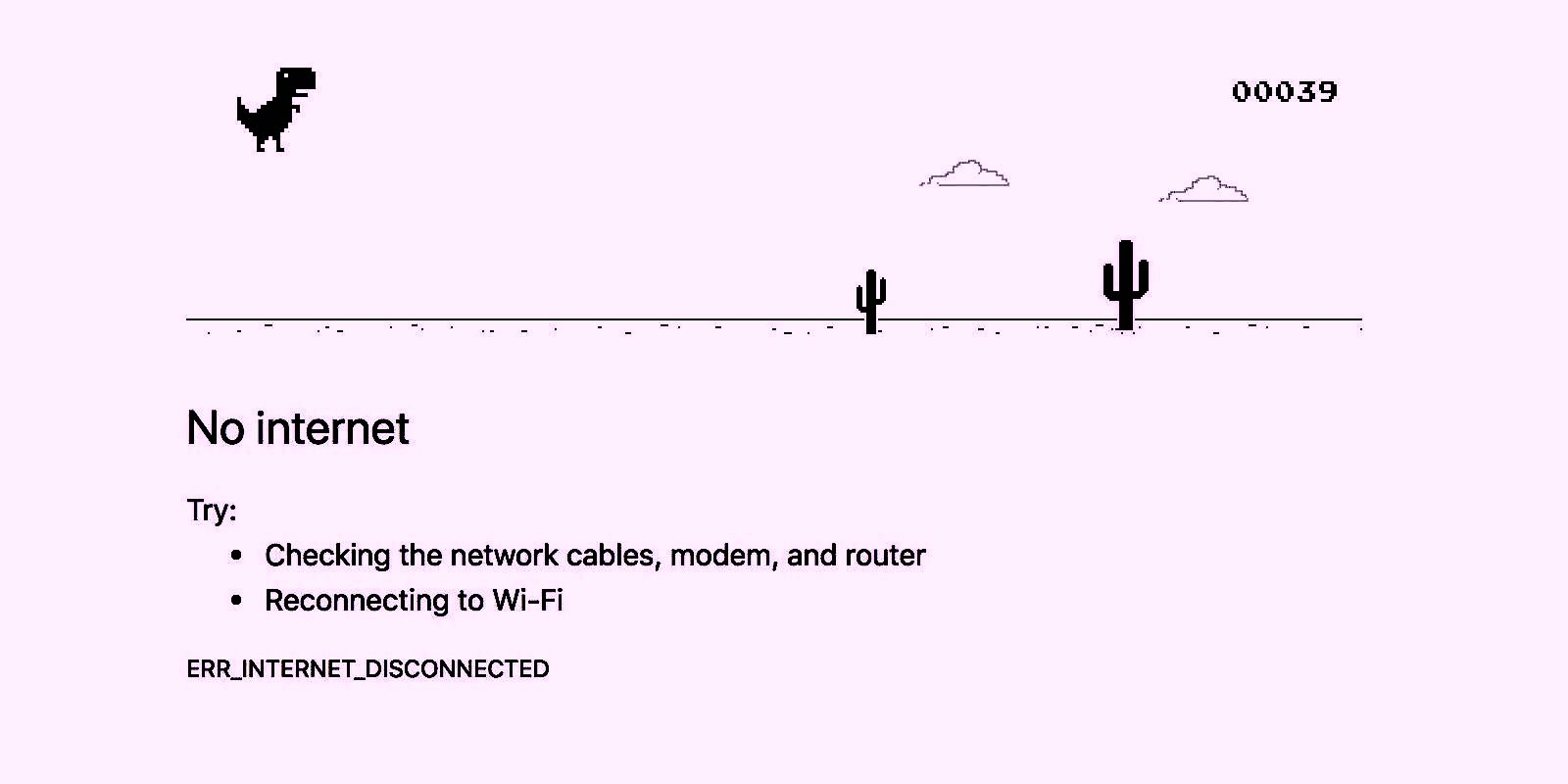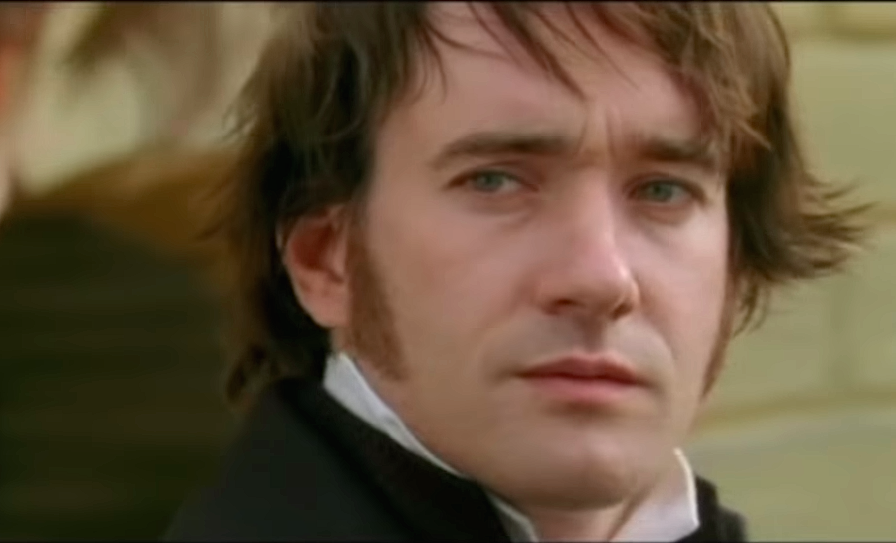Reading Lists
7 Books About the Interplay of Technology and Humanity
Katie Williams, author of “Tell the Machine Goodnight”, on works of fiction that blur the boundaries between humans and tech
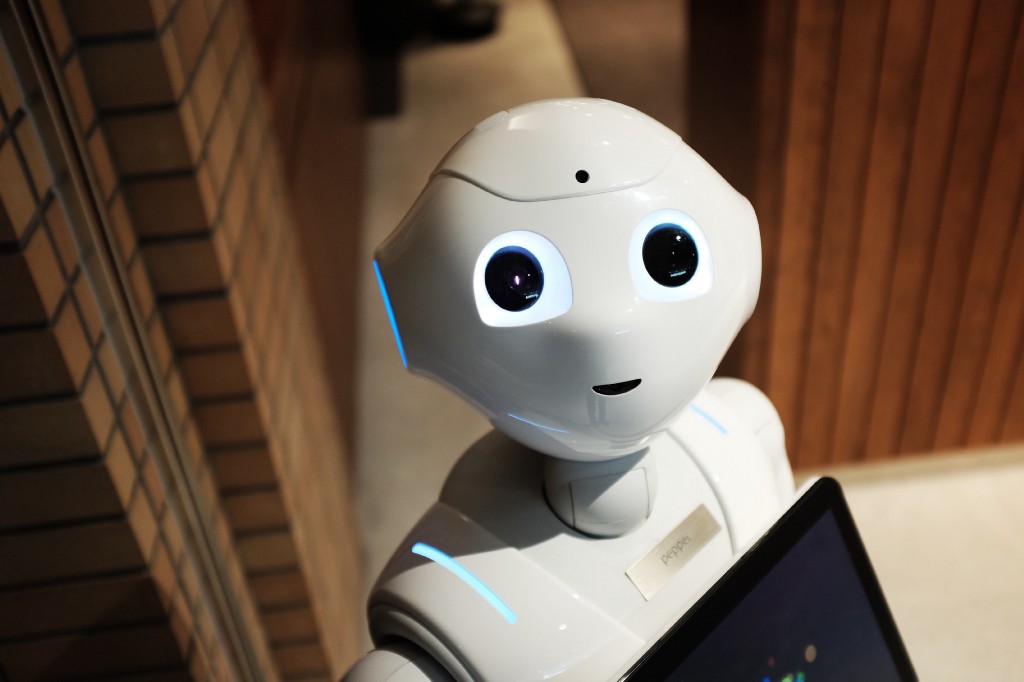
Since Frankenstein first gave his creature the jolt — and the creature gave the scientist an existential jolt right back — novelists have been asking, “Will science save us or destroy us?” Ponder for a moment and you’ll find compelling evidence for each side of the question. Nuclear power on one hand, and nuclear warheads on the other. Antibiotics and superviruses. The Internet and…the Internet. What is certain is that science and technology are a part of our everyday lives and, therefore, a part of us. Take, as an example, yourself right here and right now: You are reading this article on a piece of technology, an item you fondle hundreds (thousands?) of times a day and gaze at for hours. Oh that your lover garnered such attentions!
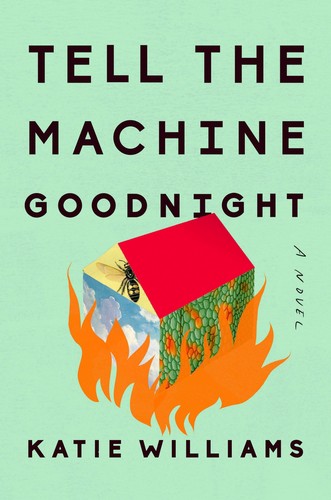
In my novel Tell the Machine Goodnight, my protagonist, Pearl, works as a contentment technician for the Apricity Corporation, wielding a technology that promises to answer that most central yet elusive of human questions: How can I be happy? As Pearl sees the effect of this “happiness machine” on both her clients and her family, she questions what happiness is and if a device can deliver us to it.
Technology is by humans and it is also of humans. It is an expression of who we are, right down to the silliest app. Literature, too, is an expression of who we are. Here are seven books that explore the interplay of technology and humanity:
Feed by M.T. Anderson
In Anderson’s Feed, we’ve plucked our devices from our laps and selfie-sticks and planted them directly into our heads. This National Book Award finalist centers on teenage Titus and his school friends whose relationship with their Internet implants is, by turns, comic, chilling, and prescient. For example, the friends eagerly engage with a Coke promo that promises free soda if they work the brand name into their conversation as many times as possible. The kids feed on the feed; the feed feeds on them.
The Windup Girl by Paolo Bacigalupi
Emiko, the titular windup girl in Bacigalupi’s Hugo and Nebula Award winner, has been designed to move with a twitch, a legal requirement to visually mark her as a New Person, engineered, grown, and sold to wealthy customers. The novel follows Emiko, left behind in a brothel by the businessman who bought her, and Anderson Lake, a calorie man in search of heirloom seeds resistant to genetic blight, both of them trying to survive in a future Bangkok where the oceans rise and the crops wither. Emiko’s twitch is emblematic of the scientists’ fingers twitch-twitch-twitching in food, in people, and in nature with cascading effects.
A Closed and Common Orbit by Becky Chambers
Lovelace has been transplanted from her previous “body” as a spaceship’s artificial intelligence into human form in this Hugo Award finalist. Now, with the help of her guardian Pepper, she must cobble together a life planet-side. Working a day job, getting a tattoo, and dancing in a club might seem like small stuff, unless you used to be a spaceship. The acuity with which Chambers imagines Lovelace’s perspective shows a deep interest in not just how technology functions but how it feels. Note: A Closed and Common Orbit is the stand-alone sequel to the equally vivacious The Long Way to a Small, Angry Planet.
The Summer Prince by Alaya Dawn Johnson
In matriarchal tech-hub Palmares Tres, Brazil, artist June Costa and her best friend Gil both fall in love with Enki, the Summer King, chosen to rule for a year and be sacrificed at its end. Enki wants to use his fleeting reign to agitate for political change, and June applies her artistic talents to the cause. Johnson’s National Book Award finalist shows young people using technology as a tool for artistic and political expression, a tricked-out megaphone for their real, raw voices.
Warcross by Marie Lu
Part World of Warcraft, part Quidditch, part Super Bowl, the virtual-reality sport Warcross is a national sensation, and bounty-hunter Emika Chen uses her hacking skills to catch people making illegal bets on the games. When Emika accidentally hacks herself onto the playing field of the Warcross Championships she catches, not her bounty, but a spot on the team and a target on her back. Fans of Ender’s Game and Ready Player One will want to hit “play” on Lu’s novel, the first in a planned trilogy.
The Binti Trilogy by Nnedi Okorafor
Binti can “tree”; that is, she can do complex mathematics in her head until they become a meditation, a pattern, and a power. This ability has earned her both the position of master harmonizer for her Himba community and an invitation to attend school at the intergalactic Oomza Uni; however these paths diverge and she can only choose one. The technology in Okorafor’s trilogy reveals itself slowly, causing the reader to re-examine what they thought they knew, and that process of re-examining one’s beliefs and biases is what these powerful Hugo and Nebula Award-winning novellas are about.
Love, Robot by Margaret Rhee
In storytelling, robots are used both as the image of humans and the negative image; what a robot isn’t allows us to define what a person is. In this captivating and playful book of robot love poems, Rhee takes this idea and turns it about, suggesting that to recognize another’s personhood is one of the most human things we can do.





